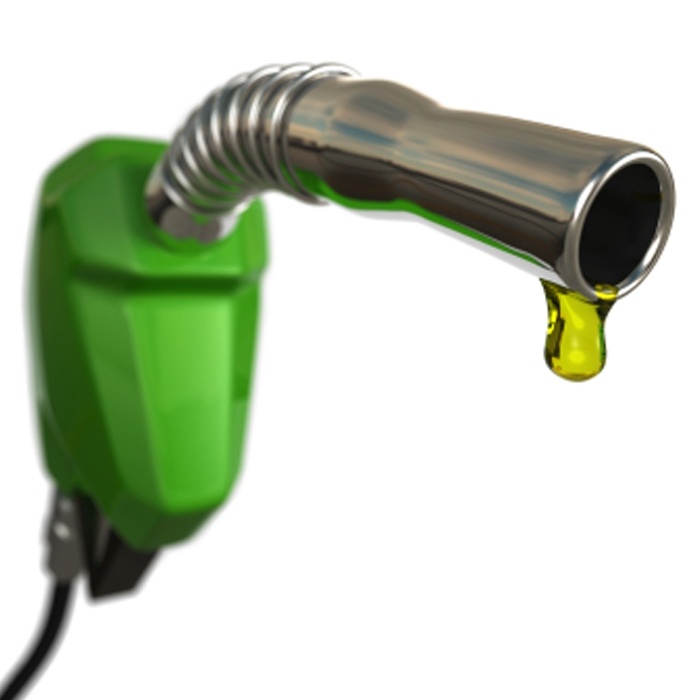Essentials of Ethanol Fuel Stabilizers
A big difference between the fuels of today and the fuels of yesteryear is the need to protect the fuel quality of today's fuels in storage through...

 Ethanol these days is finding its way into more and more fuel mixtures - and it is not exactly for the better. Much of this is because ethanol is added prior to delivery at a local gas station.
Ethanol these days is finding its way into more and more fuel mixtures - and it is not exactly for the better. Much of this is because ethanol is added prior to delivery at a local gas station.
Unlike gasoline, it's not transported through pipelines. Why? Because there's a worry that ethanol-blended fuel mixtures will eat away at the pipelines.
That begs the question: If there's a worry that ethanol-blended fuels will eat away at pipelines, what exactly can they do to your car's engine?
The answer: about the same thing.
Here's a look at just a few of the effects that ethanol mixed fuel can have on your car engine:
Yes, ethanol sure has the potential to do a number on your car's engine. So what's the solution exactly? The easiest solution is to refrain from using fuel with ethanol blends and stick with ethanol free gas mixtures. You can log on to www.puregas.org for a list of all gas stations in the United States and Canada that sell ethanol free gas.
Of course, filling up with ethanol free gas 100 percent of the time may not always be practical. That's where the likes of a stabilizing fuel additive come in particularly handy, as administering one after each full tank can balance the tank so that it's pure gas that's going through your engine, and no some ethanol blend. Fuel additives will also prevent your car's engine from dealing with the side effects that are caused by ethanol-blended fuels.
To review, there's two ways to ensure you have ethanol free gas pumping through your engine:
As you can tell from this article, ethanol free gas matters - both to your car's engine life and, potentially, to your pocket book.

A big difference between the fuels of today and the fuels of yesteryear is the need to protect the fuel quality of today's fuels in storage through...

Boat engines aren’t designed to handle large volumes of water despite all the time they spend out in the marine environment. Boaters that use fuel...
Here's a fact: Most gasoline that you're pumping into your vehicle these days contains some sort of ethanol concentration, typically 10 to 15...